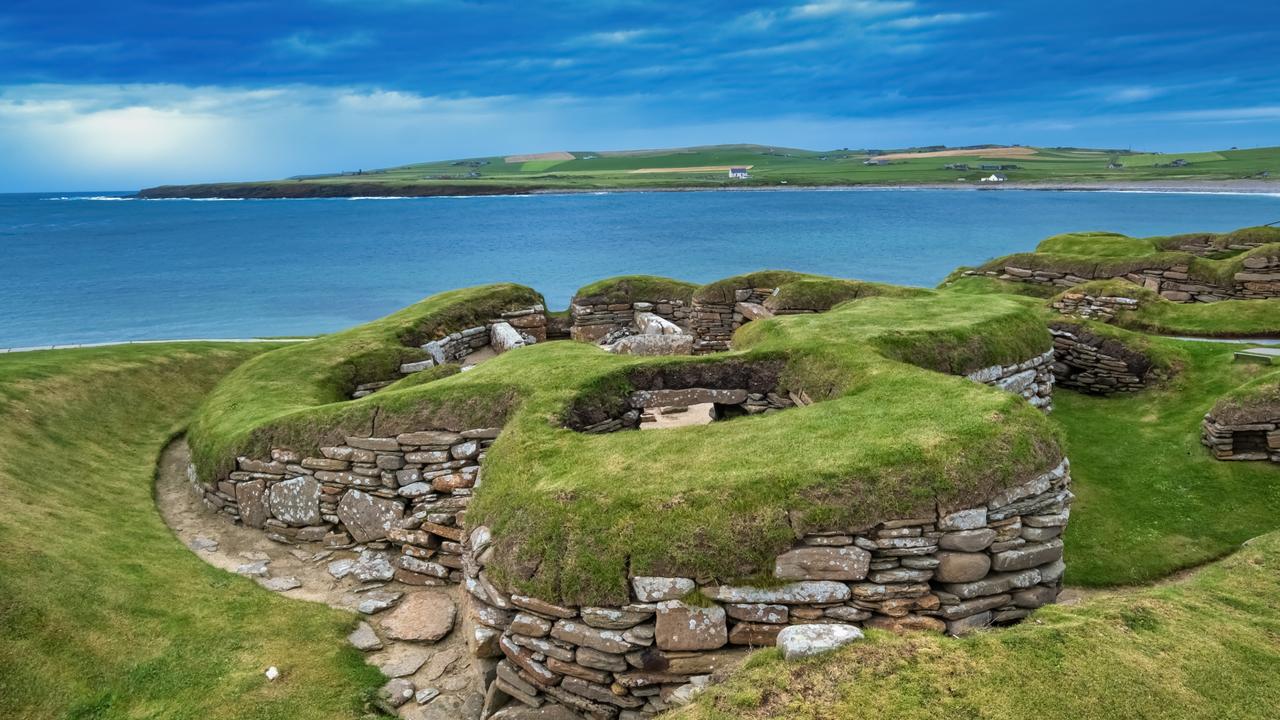UK (Parliament Politic Magazine) – The UK has rejected a bid by the Orkney Islands to break away and join Norway, citing complaints of neglect from both the UK and Scottish governments. Orkney, a remote archipelago located in the North Sea off the northeast coast of Scotland, was historically under Norwegian control until 1472 when it was transferred to Scotland. The islanders are currently exploring alternative models of governance to address economic opportunities and cultural affinity.
UK’s Decision Has Sparked A Lot Of Debate
The recent decision by the UK to dismiss the Orkney Islands’ plea for independence and integration with Norway has sparked significant debate. The Orkney Islands, situated in the vast expanse of the North Sea, have long felt overlooked and neglected by both the UK and Scottish governments. This rejection has only intensified their desire to seek new avenues for governance that can better cater to their unique needs.
This development follows the expression of sentiment by James Stockan, the council leader of Orkney, who highlighted the strong bond felt by the islanders towards Norway. A motion was put forward for a council debate on Tuesday to address the matter of Orkney, with the aim of exploring alternative governance options that could provide greater economic prospects for the region.
The council leader of Orkneys, Mr. Stockan, has put forth an intriguing proposal to explore the potential of Orkney becoming a self-governing Crown dependency, similar to Guernsey, Jersey, or the Isle of Man. Crown dependencies, although not officially part of the United Kingdom, fall under the sovereignty of the British Crown. This suggestion opens up a realm of possibilities for Orkney’s future governance.
Reasons Behind UK’s Rejection
While dismissing the motion, the spokesperson for UK Prime Minister Rishi Sunak reportedly stated that, above all, there is no established procedure for granting Crown dependency or overseas territory status to any region within the UK.
The government underscored the robustness of the United Kingdom as a cohesive entity and reiterated its steadfast dedication to preserving the existing arrangement. Moreover, it is crucial to recognize that we are more formidable when united as one United Kingdom, and we have no intentions of altering this stance,” the spokesperson emphasized.
What Are The Warnings Against Division
Liam McArthur, the representative for Orkney in the devolved Scottish parliament from the Liberal Democrat party, expressed concerns about the motion, emphasizing the potential risks of erecting barriers and fostering divisions within communities. McArthur urged the council to carefully contemplate the implications of such a decision.
The proposal for Orkney’s independence presents a potential predicament for the Scottish National Party (SNP), which currently holds the reins of government in Edinburgh and actively supports Scotland’s secession from the United Kingdom.
The party faces the challenge of balancing Orkney’s aspirations with its own objective of achieving independence from London.
Although the UK government has rejected the bid for independence and emphasized the unity of the United Kingdom, the ongoing discussion regarding Orkney’s future has the potential to significantly influence the relationships between Orkney, Scotland, and the UK in the coming years.
Read More: EU and UK Intensify Efforts to Establish Unified Cryptoasset Regulations
Orkney Council To Look At The Possibility Of Joining The Norwegian Territory
According to a report by the UK public broadcaster BBC News, the Orkney council is considering the possibility of becoming a Norwegian territory, marking the first time since 1472 that such a move is being explored.
In an effort to address the issue of inadequate funding from its current association with the UK, the Orkney Council will be examining alternative forms of governance. Council leader James Stockan has expressed his concerns regarding the unfair financial support received by Orkney.
One of the proposed solutions put forward by Stockan is establishing a “Nordic connection” with countries like Denmark, Norway, or Iceland. This would potentially provide Orkney with a more favorable financial arrangement.
Historically, the Orkney Islands were under Danish and Norwegian rule due to their use as a dowry during the marriage of Margaret of Denmark to King James III of Scotland. By delving into the possibility of a Norwegian affiliation, the Orkney Council aims to address the funding disparities and explore new avenues for the islands’ governance.
Stockan proposed the idea of Orkney establishing a relationship with Norway, akin to the existing arrangement between the Faroe Islands and Denmark. It is worth noting that the Faroe Islands currently enjoy self-governance as a territory under Danish sovereignty.


